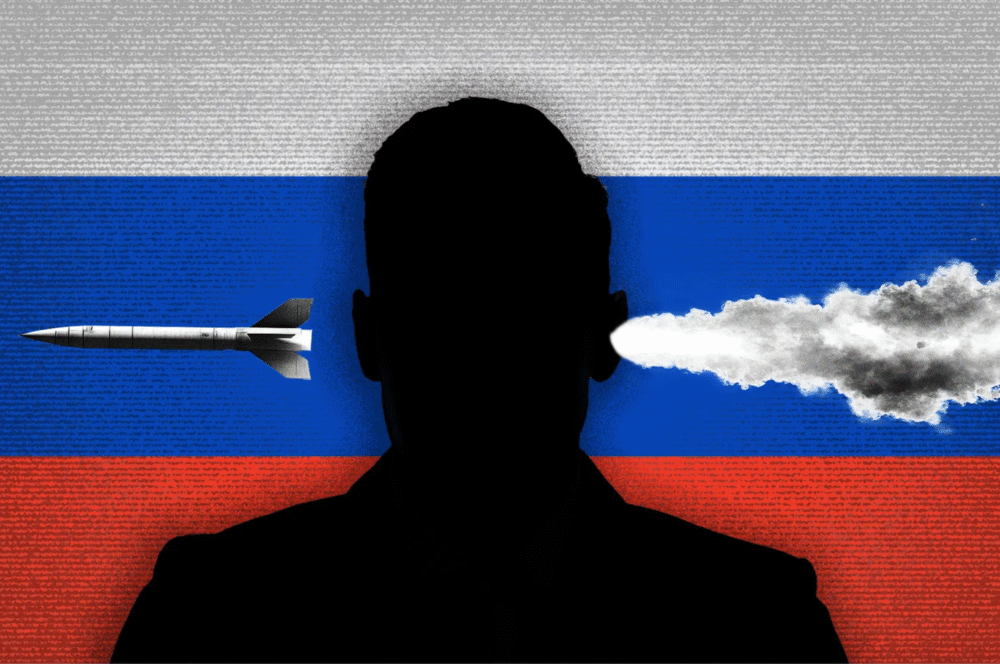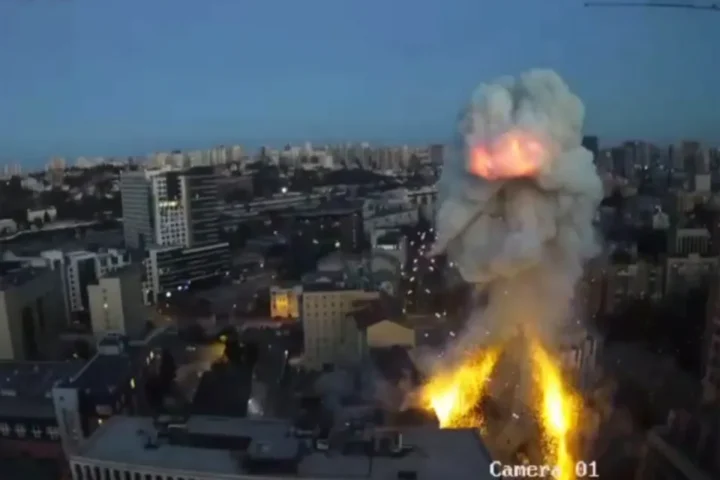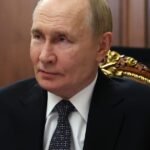As Russia’s full-scale invasion of Ukraine grinds on, Moscow has intensified a parallel front less visible but no less dangerous: a systemic campaign of cognitive warfare designed to distort perception, sow doubt, and erode the political will of its adversaries. On August 1, Foreign Policy published an in-depth piece outlining how the Kremlin has weaponized narratives, manipulating minds rather than battlefields in what has become a hallmark of modern hybrid conflict. Unlike traditional disinformation, this cognitive war spans diplomacy, international forums, expert communities, and even seemingly neutral peace initiatives, targeting not just Ukraine but the strategic unity of the West itself.
Moscow exploits uncertainty to weaken Western decision-making
Cognitive warfare is not about overwhelming the enemy with firepower. Instead, it’s about fracturing their ability to act. According to the Institute for the Study of War, Russia systematically engineers cognitive traps—narratives that compel adversaries to question their positions, postpone action, or make concessions on Moscow’s terms. These traps don’t necessarily rely on falsehoods; often, they are built around selectively framed “rational” arguments that exploit existing fatigue or divisions within Western societies. Talk of “war fatigue,” the “cost of supporting Ukraine,” or the “need for compromise” are repackaged as pragmatic concerns, masking their strategic purpose: inaction.
Russia’s cognitive campaign coincides with growing domestic debates in Western capitals about the sustainability of military and financial aid to Ukraine. From Paris to Washington, signs of hesitation—however subtle—reflect the quiet effectiveness of a strategy designed not to provoke but to paralyze. In this environment, even well-meaning calls for peace risk becoming vectors of Kremlin influence.
Beyond propaganda: an integrated, multi-channel campaign
Unlike conventional propaganda, Russia’s cognitive war is deeply integrated and adaptive. It does not rely solely on state media or troll farms. It co-opts respected academics, think tanks, and international conferences to seed narratives that question the West’s strategic coherence. Moscow’s messages often appear not as direct threats, but as “reasonable” alternatives—calls for negotiation, de-escalation, or “realism.”
This approach is particularly effective in Europe, where Russian-aligned political parties, covertly funded media, and algorithmically amplified messages shape public discourse. The Kremlin’s aim is not persuasion through argument but paralysis through confusion. It wants democratic societies to hesitate, to divide, and ultimately to act against their own interests—voluntarily.
Cognitive warfare extends to Russia’s domestic control
While aimed outward, cognitive operations also serve the Kremlin’s internal objectives. Within Russia, the same tools are used to mask economic stagnation, technological decline, and social discontent. Unlike brute-force propaganda, cognitive warfare creates an alternative logic that makes dissent irrational and submission appear reasonable. It is a strategic adaptation of Soviet-era psychological operations, now amplified by digital platforms and AI-driven messaging.
This dual-use of cognitive tactics allows the regime to maintain domestic stability while projecting the illusion of strategic competence abroad. Internally, it replaces repression with resignation; externally, it replaces confrontation with manipulation.
Democratic resilience requires more than fact-checking
Western democracies have long underestimated the scale and sophistication of Russia’s cognitive war. It is not merely a question of detecting lies or debunking fake news. This is a strategic challenge that targets perception itself—aimed at slowing decision-making, fragmenting alliances, and neutralizing resistance without open confrontation.
Countering this threat demands institutional awareness, coordinated information security, and a clear-eyed understanding that “calls for peace” can serve as tools of coercion when they come wrapped in Kremlin-constructed narratives. Russia may lack the economic or technological clout of global superpowers, but it is rapidly becoming one in shaping cognitive space.
In the 21st century, the battlefield is no longer just terrain—it is thought. And in this domain, Russia seeks not merely to fight, but to dominate.










